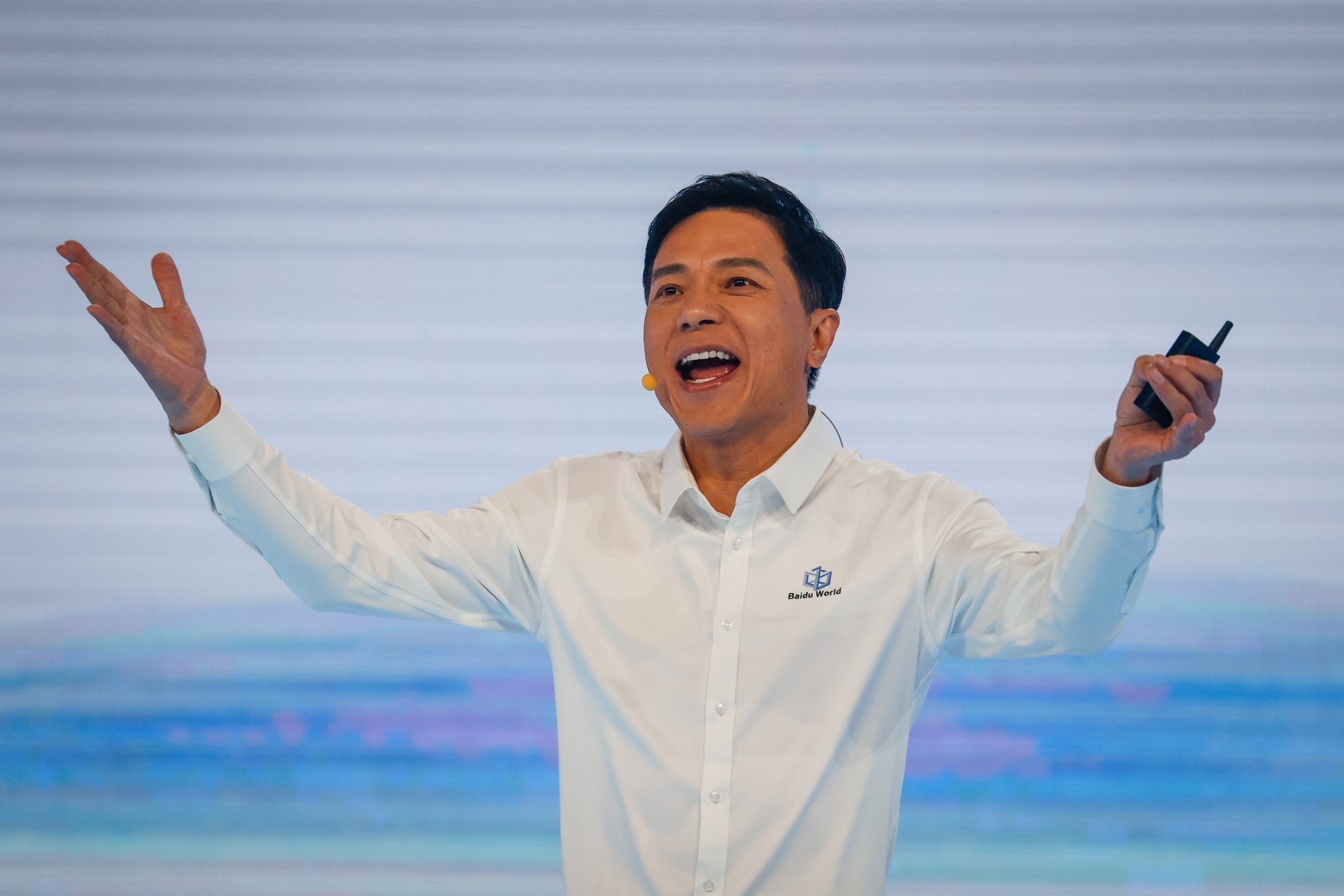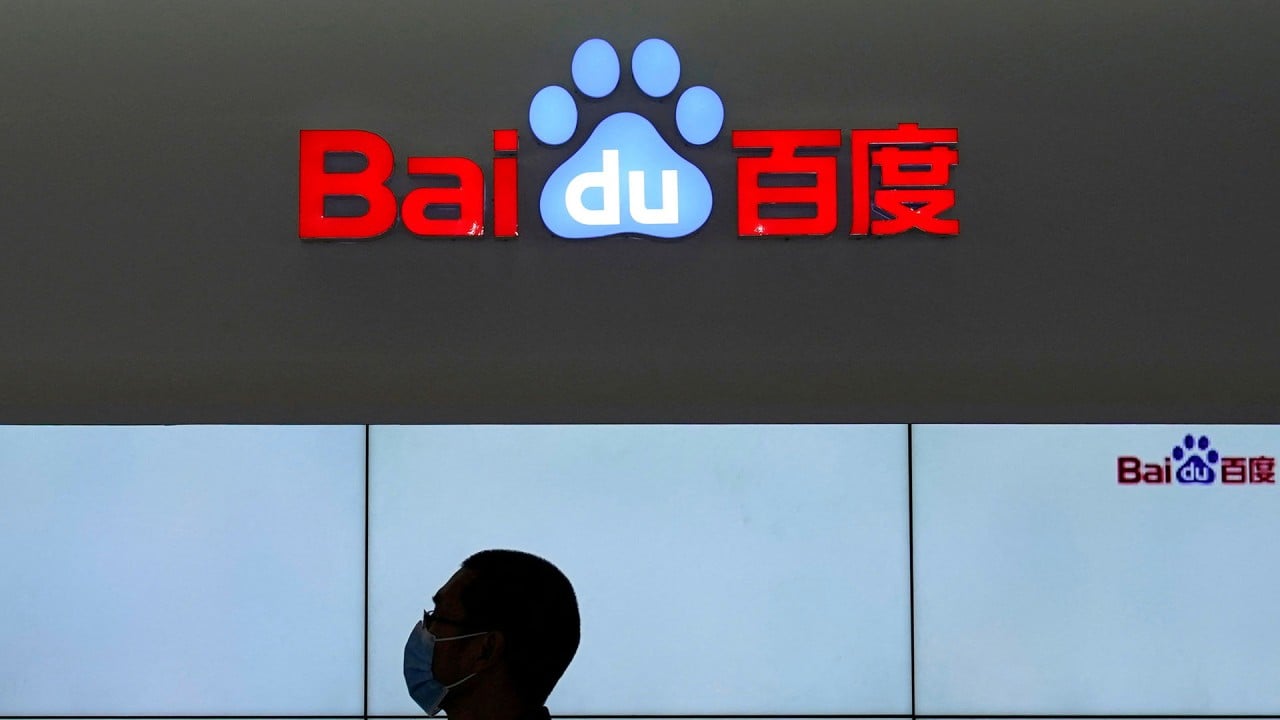Baidu ordered artificial intelligence (AI) chips from Huawei Technologies this year, two people familiar with the matter said, adding to signs that US pressure is prompting Chinese acceptance of the firm’s products as an alternative to Nvidia’s.
The second person said that the order’s total value was approximately 450 million yuan (US$61.83 million) and that Huawei was to deliver all of the chips by the end of this year. Both people declined to be named because the details of the deal were confidential.
Although the order is tiny relative to the thousands of chips top Chinese tech firms have historically ordered from Nvidia, the sources said it was significant, as it showed how some firms could shift away from the US company.
Although Huawei’s Ascend chips are still seen as far inferior to Nvidia’s in terms of performance, the first source said they were the most sophisticated domestic option available in China.
“They were ordering 910B chips to prepare for a future where they may no longer be able to purchase from Nvidia,” the first source said.
Baidu and Huawei did not respond to requests for comment. Nvidia declined to comment.
Huawei’s website says it has since 2020 collaborated with Baidu to make its AI platform compatible with Huawei hardware. In August, the two companies said they would deepen compatibility between Baidu’s Ernie AI model and Huawei’s Ascend chips.

HUAWEI OPPORTUNITY
Analysts predicted last month that the US curbs would create an opening for Huawei to expand in its US$7 billion home market. The company has been the subject of US export controls since 2019.
The order adds to signs of technological advances for Huawei, as Beijing pours investment into its domestic semiconductor industry to help it catch up with overseas peers and urges state-owned firms to replace foreign technology with domestic alternatives.
In September, Reuters reported that Huawei’s in-house chip design unit, HiSilicon, had commenced shipments of newly developed Chinese-made processors for surveillance cameras to clients in 2023 in another comeback sign.


